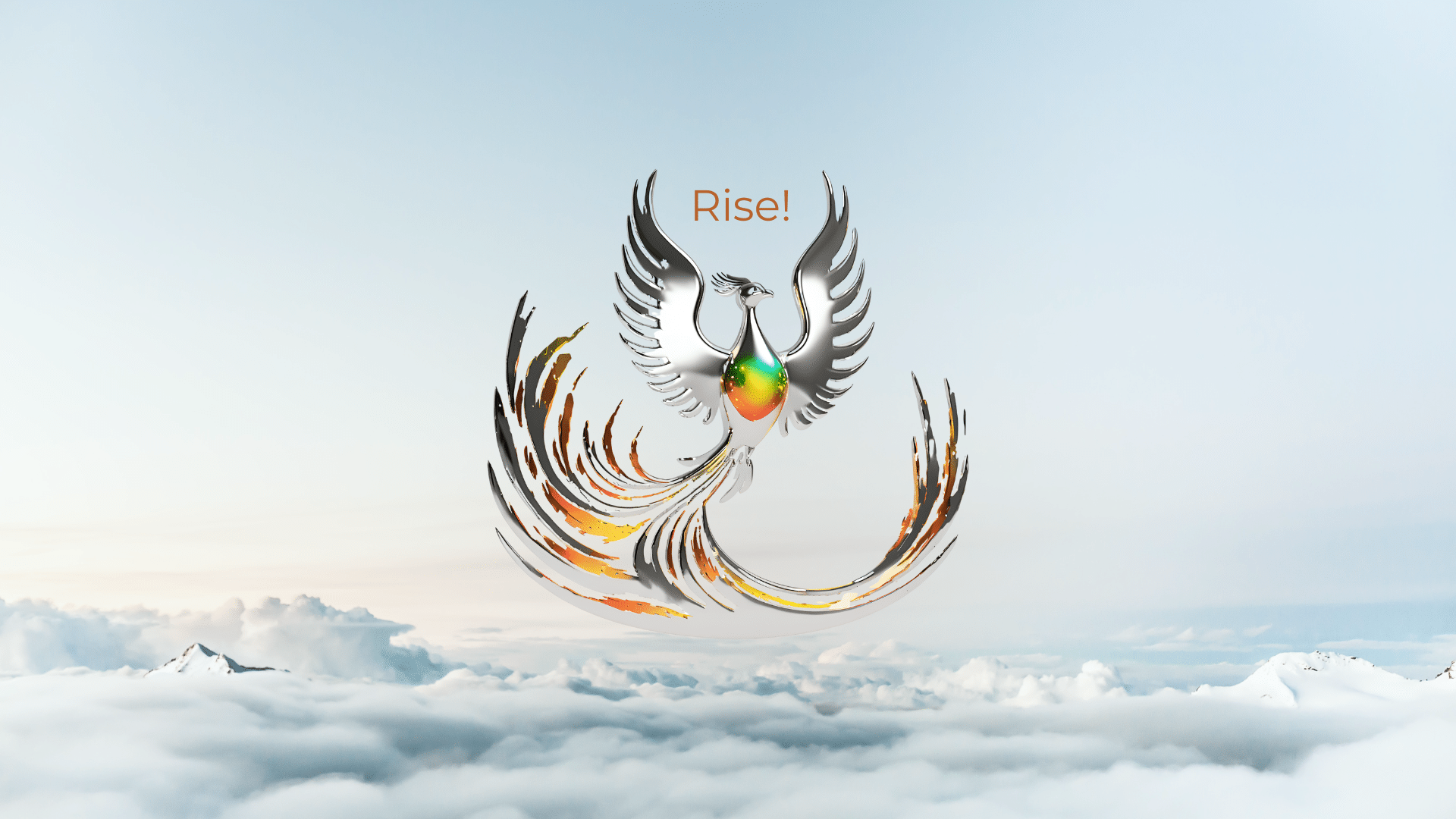A while ago, I came across an amazing blog called 30 Traits of an Empath which covered many more traits than I come across before. They were written in a very clear and succinct way.
I approached the author, a very humble person, to see if she or he (I can’t be sure on the gender) would give me permission to discuss them with my guides and post them here. I was told that I may.
The traits will be presented in their original form and if you wish to see the entire list, (and if you haven’t, I really recommend that you do) you can do so here.
As always my guide’s responses are in italics.
- Knowing: Empaths just know stuff, without being told. It’s a knowing that goes way beyond intuition or gut feelings, even though that is how many would describe the knowing. The more attuned they are the stronger this gift becomes.
I have to say, this is one of the biggest ones for Empaths. The Knowing is something that just happens. I discussed this a little a while back when I said that people have a window to fool an Empath, and then somehow, the Empath just knows if they are being lied to or not. You can’t fool them after that.
I’ve experienced this Knowing a lot. It’s a feeling that, in spite of all the evidence to the contrary, you know the truth.
I’ve read about this kind of thing happening to people whose partner cheat on them. They suddenly just know.
Unfortunately, this is never enough to convince others. Your sense of truth rarely convinces another that you are right and other people are wrong.
This is one of the abilities that Empaths have. It works because they are able to connect to the collective consciousness that all are a part of.
Remember, there is really only one soul, and everything is an aspect of it. All that is, is already part of your being.
The illusion is that you are separate from everything else, and this is so we can experience ourselves in relation to those other parts.
But it is an illusion, and those who are Empathic will be connected, in spite of the illusion.
The closer to the situation someone is, the more attuned they may become, and the easier they will pick up on the truth of the matter.
That might explain why I feel anger when I sense something isn’t true.
That’s an anger borne of frustration as your sense of truth is being compromised. It should be noted, though, that there is a knowing, and there is a logic that people attempt to apply to truth.
By that I mean, you will know when someone is true. It will stand alone, as is. Those who try to get to the truth, using logic, will sense the truth of the logic, and thus assume that the outcome of that logic is the truth. It doesn’t follow that this is so, though.
I’m not quite following here.
You may sense the truth of what you are focusing on. It does not necessarily follow that the outcome of that truth is true.
For instance, you might say it rains during Summer. This is true. It does not follow, though, that it will rain. Logic dictates that rain is likely, so you will sense the truth behind that, however, there may be a drought, and no rain will come.
Sensing the truth of a statement of logic, and sensing the truth of an outcome are two different things.
Also remember, that things are always changing. What you sense today may not be what you sense tomorrow. New information may be sensed and you now have an updated version of the truth.
So, how do you know when you’ve reach the final truth?
You don’t really. You will just know what is true for you at that point of time. However, generally, you will sense that you need to sense, and that is what is important here. Truth is personal, and what may be true for you, may not be true for another.
Isn’t truth just truth? If something is true, then it’s has to be true across the board, right?
Some truths are. However, as we create our own reality, others may not be. If I tell you it’s a hot day, and it’s only 20 degrees Celsius, you will not agree. To you, hot would be above 30 degrees Celsius. However, my truth is that I find 20 degrees hot.
Truth is individual because it’s relative.
Also, do not confuse truth with universal law.
So, if someone believes that the Earth is flat, that does not make it so.
Their perception is that it’s flat, and that is their truth based on the evidence presented and accepted. That is not what I’m talking about, though. Universal laws are those laws that work regardless of what you believe in. However, that’s really another topic.
So, in summary, Empaths have a Knowing because they are connected to their oneness and can pick up what is happening.
And the closer they are to the situation, the more attuned they may become.
From a Bach Flower Remedy point of view, I’ve found that Cerato, which is the remedy for intuition, to be very useful for clarifying truth and helping with intuition.






